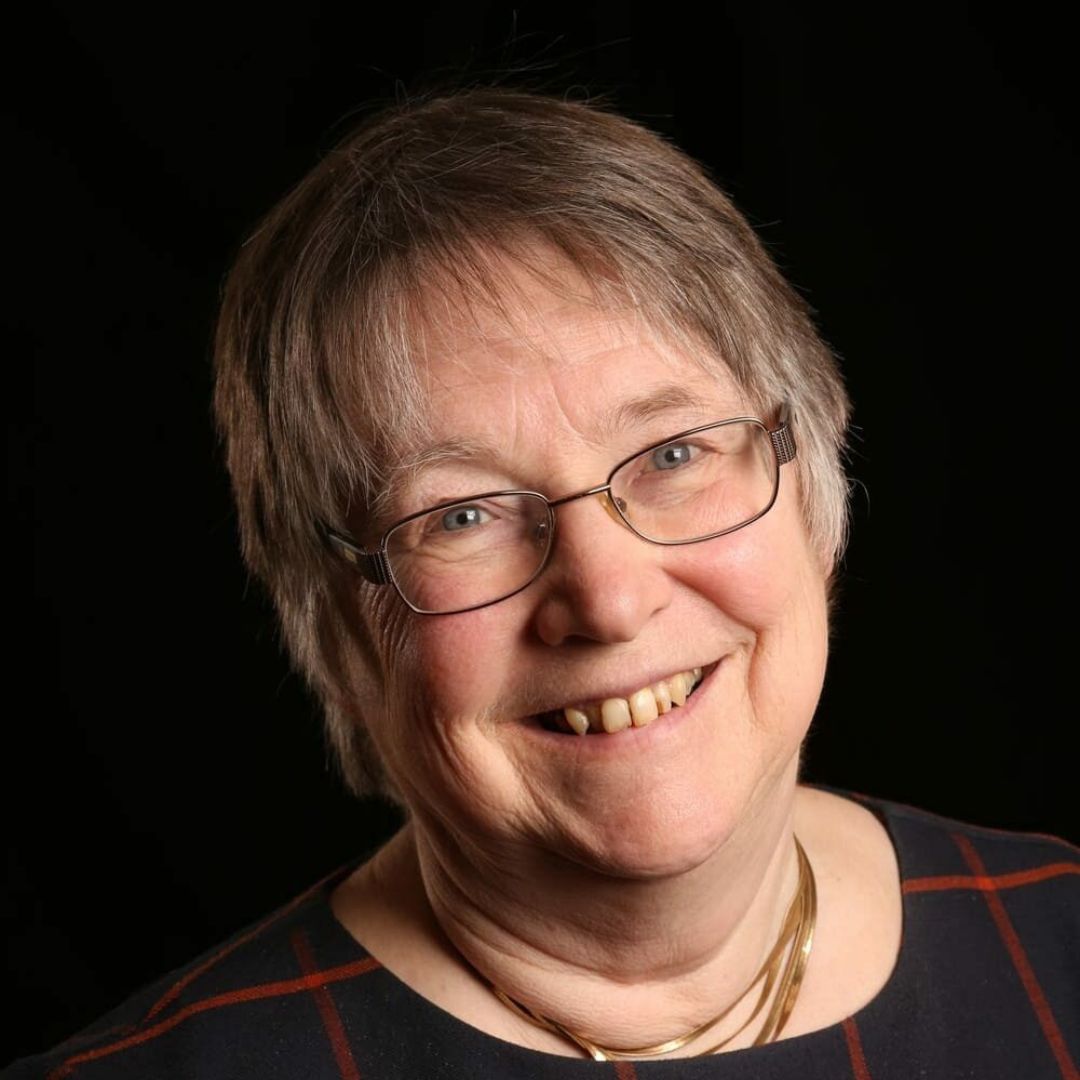As ERS Education Council Chair, what are you most looking forward to about this year’s ERS Congress?
As always, learning from each other – and this year the congress theme reminds us that learning is global. Reflecting that, all the sessions tagged as ‘global’ have faculty from at least three different continents.
In the lead up to the Congress, the Education Council has supported six webinars with global speakers sharing solutions to worldwide threats to respiratory health and it will be exciting to see this theme come to fruition at the congress.
On a practical level, this year translation will be available in all sessions – enabling a wider global audience to participate.
I will also enjoy looking at the posters on Tuesday lunchtime which feature research and evaluation in education. It is inspiring to talk with educational colleagues about their programmes and initiatives.
How important is the theme of this year’s Congress – ‘Respiratory health around the globe’?
It is hard to think of anything more important!
As we continue to recover from a global pandemic that respected neither boundaries nor wealth, the immense benefit of working together as a global community is surely still fresh in our minds. The challenge now is to build on that collaboration to find solutions to other threats to respiratory global health. Look out for the studio Deep Dive session ‘Save the world! Vote for the solution to a major respiratory threat‘ (Monday 29 September, 09:00–09:45 CEST) where there will be lively discussion and a vote on the global initiative that could make the most difference.
What will be the hot topics to look out for at this year’s Congress? Within those topics/areas, are there any specific sessions that you look forward to most?
I have pencilled into my diary the Hot Topic session ‘Fighting global threats to respiratory health: how to make a difference (Sunday 28 September, 10:15–11:45 CEST) which will cover air pollution, TB, inequities in respiratory non-communicable diseases, and misinformation; a broad range of topics that affect us all.
What will be the top picks in your specialist area at this year’s Congress?
- Look out for the ‘Primary and integrated respiratory care forum’ parts one and two on the Saturday morning (27 September, 09:30 CEST onwards) which will focus on Universal Health Coverage – crucial if we are to make a difference to global respiratory health.
- A session that should encourage thoughtful discussion is the studio debate ‘Are e-cigarettes effective smoking cessation tools or public health hazards‘ (Saturday 27 September, 11:00–11:45 CEST).
- An important symposium is on ‘Holistic yet personalised self-management of chronic respiratory diseases worldwide‘ (Tuesday 30 September, 10:15–11:45 CEST). I have long believed that working with patients as partners in their care is essential, so this symposium on supported self-management is a must for me – again with the opportunity to learn from colleagues around the world.
Additionally, I always look forward to the poster sessions. Not only do they feature a broad range of topics (and represent a lot of work!) but they are excellent opportunities to network and discuss the latest research and quality improvement initiatives ideas.
One particularly cross-cutting poster session is on Sunday lunchtime and features projects that demonstrate the value of ‘Working together to improve global respiratory health‘ (Sunday 28 September, 12:30–14:00 CEST).
Which session or topic within this year’s Congress programme do you believe will have the most direct impact on patient care?
I’d like to say ‘all of them’, because the science at our Congress reflects the whole translational pathway from bench to bedside, from our individual clinical practice to the health of populations.
Basic science may sometimes seem a long way upstream from routine patient care, but it is basic science that underpins new treatments – and conversely, without application and implementation, research into innovative treatments will not be embedded in routine practice.
If our ultimate goal is nothing less than to improve respiratory patient care globally then we need the whole translational pathway.
Is there anything else you would like to add?
In line with the global theme, ERS and ELF have launched a campaign called Global Voices which is inviting people living with, or affected by lung diseases to submit a photograph or a quote that illustrates the lived experience of respiratory disease.
Don’t forget to visit the photo exhibition in the World Village, look around you at the Congress at the pictures and watch the ELF studio session. An image speaks a thousand words…

 ERS Respiratory Channel
ERS Respiratory Channel
 ERS Respiratory Channel
ERS Respiratory Channel



